The deep waters, once a haven for countless marine creatures, are now the scene of an ecological tragedy that is shaking our planet : plastic pollution . Like a dark curse, it is insidiously invading our oceans, seriously threatening underwater life . From plastic bags flying like shadows on the currents, to microplastics hidden in the most secret waters, this tide of toxic waste is engulfing our marine ecosystem with terrifying intensity.
The consequences are devastating: entanglement of marine life , ingestion of toxic particles and disruption of habitats .
But there is hope. By raising awareness, adopting sustainable practices, and supporting initiatives that promote ocean conservation, we can create the change our oceans desperately need.
In this article, we delve into the heart of this ecological tragedy, revealing the devastating consequences of ocean plastic pollution on marine life. We explore the deep roots of this crisis and discover ways to combat it.
Now more than ever, it is time to take a stand and protect our oceans, for the sake of marine life and the future of our planet.

Plastic pollution in the oceans
Alarming statistics on ocean plastic pollution
The figures relating to ocean plastic pollution are alarming. Every year, millions of tons of plastic end up in marine waters , causing irreversible damage to ecosystems. According to a recent study, it is estimated that there are more than 24,400 billion microplastic particles floating on the surface of our oceans. This represents nearly 150 million tons of plastic waste . These staggering figures highlight the disproportionate scale of this scourge we are facing.
Ocean plastic pollution has a variety of origins. Much of it comes from unmanaged urban waste , such as plastic bags, bottles, and food packaging, but also from more trivial items, such as pieces of leather . This waste is often dumped into rivers or directly into the ocean, where it slowly breaks down into microplastics. Industrial activities are no exception, contributing to plastic pollution through waste from plastic production and other industries, which ultimately contaminates waterways.
The consequences of this plastic pollution are disastrous for marine life and ocean ecosystems. Marine animals often become trapped in plastic debris , such as abandoned fishing nets, and can die from asphyxiation or serious injuries. Additionally, many marine species mistake the pieces of plastic for food and ingest them, exposing them to toxic chemicals and disrupting their digestive systems. This disaster resonates up the food chain , potentially affecting human health as well.
Ocean plastic pollution is a growing threat to marine biodiversity and ocean ecosystems . It is time to take action to reverse this dire trend and protect our precious marine environment.

The role of microplastics in the food chain and its implications for human health
The oceans, once a realm of balance and harmony, are now facing an invisible and insidious threat : microplastics. These tiny fragments of plastic, measuring less than 5 millimeters in diameter, are a major factor in ocean plastic pollution. Their origins lie in the degradation of larger waste products, such as plastic bottles, packaging, and synthetic clothing , that are part of our daily lives. Microplastics are so small that they can be ingested by marine organisms of all sizes, from fish to planktonic organisms.
When planktonic organisms ingest microplastics, they can suffer internal damage , such as intestinal obstructions or damage to internal organs. Additionally, they can also absorb toxic chemicals from the water, such as pesticides and hydrocarbons, concentrating these poisons in their fragile body tissue. When predators consume these marine organisms, the toxic chemicals are passed up the food chain, potentially reaching humans who consume seafood.
Faced with this troubling reality, human health is undoubtedly at stake . Studies have shown that microplastics can contain dangerous chemicals, such as endocrine disruptors and carcinogens . When we consume food contaminated with microplastics, we also ingest these toxic chemicals, which can have adverse effects on our health, including increasing the risk of chronic diseases.
It is clear that the presence of microplastics in our oceans has serious consequences for marine life and human health . We must act quickly to reduce the amount of plastic entering our oceans and find sustainable alternatives to the use of single-use plastics.

Solutions to reduce ocean plastic pollution: recycling, reuse and reducing consumption
To effectively combat ocean plastic pollution, it is imperative to adopt solutions that effectively reduce plastic use while promoting recycling and reuse. Recycling plays a crucial role in reducing the amount of plastic that ends up in the oceans. By recycling plastics, we can reduce the demand for virgin raw materials and save energy . However, it is essential to note that not all types of plastic are recyclable, so it is important to know which ones can be recycled in your area.
In addition to recycling, we also need to promote the reuse of plastic products. This means avoiding single-use items , such as plastic bags, straws, and disposable cups, and instead favoring reusable alternatives. For example, opt for canvas bags for school, use reusable water bottles, and choose glass containers over plastic for food storage.
Reducing plastic consumption is also a key solution. This means rethinking our lifestyles and making decisions to reduce our reliance on plastic . For example, choosing bulk products over individually packaged products, opting for items with less plastic packaging, and avoiding disposable items whenever possible. By implementing these measures, we are helping to protect our marine environment and preserve the health of our planet for future generations.
|
At the heart of this quest to preserve our oceans, Lérisa contributes to the fight against plastic pollution. The lining of our handbags is made from a 100% recycled polyester fabric, made from recycled marine waste: Seaqual ®. Thus, each handbag becomes the echo of a responsible approach where plastic is reborn in a new form, that of an eco-responsible accessory. Discover our collection |
The importance of sustainable alternatives to single-use plastics
In addition to reducing and recycling plastic, it is essential to promote sustainable alternatives to single-use plastics. With boundless creativity, many companies and innovators have designed innovative solutions to replace traditional plastics with more environmentally friendly materials . For example, biodegradable fabric bags, compostable packaging, and plant-based packaging materials now echo a more responsible vision.
It's also important to support these pioneering companies that are transitioning to a smaller plastic footprint . By supporting companies that are taking steps to reduce plastic and putting pressure on industries to follow suit toward more sustainable practices, we can drive change on a large scale. Through this collective strength, we will orchestrate a far-reaching change, to preserve the beauty of our planet.

Government and industry initiatives to combat ocean plastic pollution
Governments and industries play a vital role in the fight against ocean plastic pollution. Many countries have taken action to ban single-use plastics, such as bags and straws. However, stricter regulations are needed to control industrial waste and ensure proper plastic waste management.
Businesses also need to be held accountable for their environmental impact . Environmental regulations need to be strengthened to encourage businesses to adopt sustainable practices and reduce their plastic use . Additionally, financial incentives can be put in place to encourage businesses to invest in sustainable alternatives and reduce their plastic footprint.

Tips to reduce plastic waste in everyday life
Each of us has the power to make a difference in the fight against ocean plastic pollution. Here are some simple tips to reduce our use of plastic in our daily lives:
1. Bring your own reusable bag when you shop.
2. Use a reusable water bottle instead of disposable plastic bottles.
3. Avoid individually packaged products and buy products in bulk when possible.
4. Opt for beauty and personal care products without plastic packaging.
5. Choose sustainable alternatives to disposable items, such as bamboo straws and reusable cutlery.

The power of collective action: for plastic-free oceans
In addition to making individual changes , it's also important to engage in collective action to combat ocean plastic pollution. Organizing beach and river cleanups in your community can help remove accumulated plastic waste. By educating others about the impact of plastic pollution, we can encourage more people to adopt sustainable practices and reduce their plastic use.
It's also essential to advocate for stricter policies and regulations to combat plastic pollution. By signing petitions and supporting organizations dedicated to ocean conservation, we can push for positive change.

The urgency of fighting plastic pollution and the hope for a cleaner future
Ocean plastic pollution is an alarming environmental crisis that threatens marine life and ocean ecosystems. The disastrous consequences of this pollution are already visible , but we have the power to make a difference. By taking steps to reduce our plastic use and supporting sustainable initiatives , we can reverse this trend and protect our oceans.
Together, we are taking steps towards a brighter future, a harmony between man and nature , so that our planet shines, preserved for future generations. The time has come to write a new score, that of a planet where every step counts in the preservation of our marine ecosystem . The future looks promising, it is up to us to write this story, because together, we are the change.
Also read :
Responsible consumption : adopt the right reflexes
Deforestation , what are the causes and consequences?
The committed accessory: The 5 essential characteristics of an eco-responsible handbag

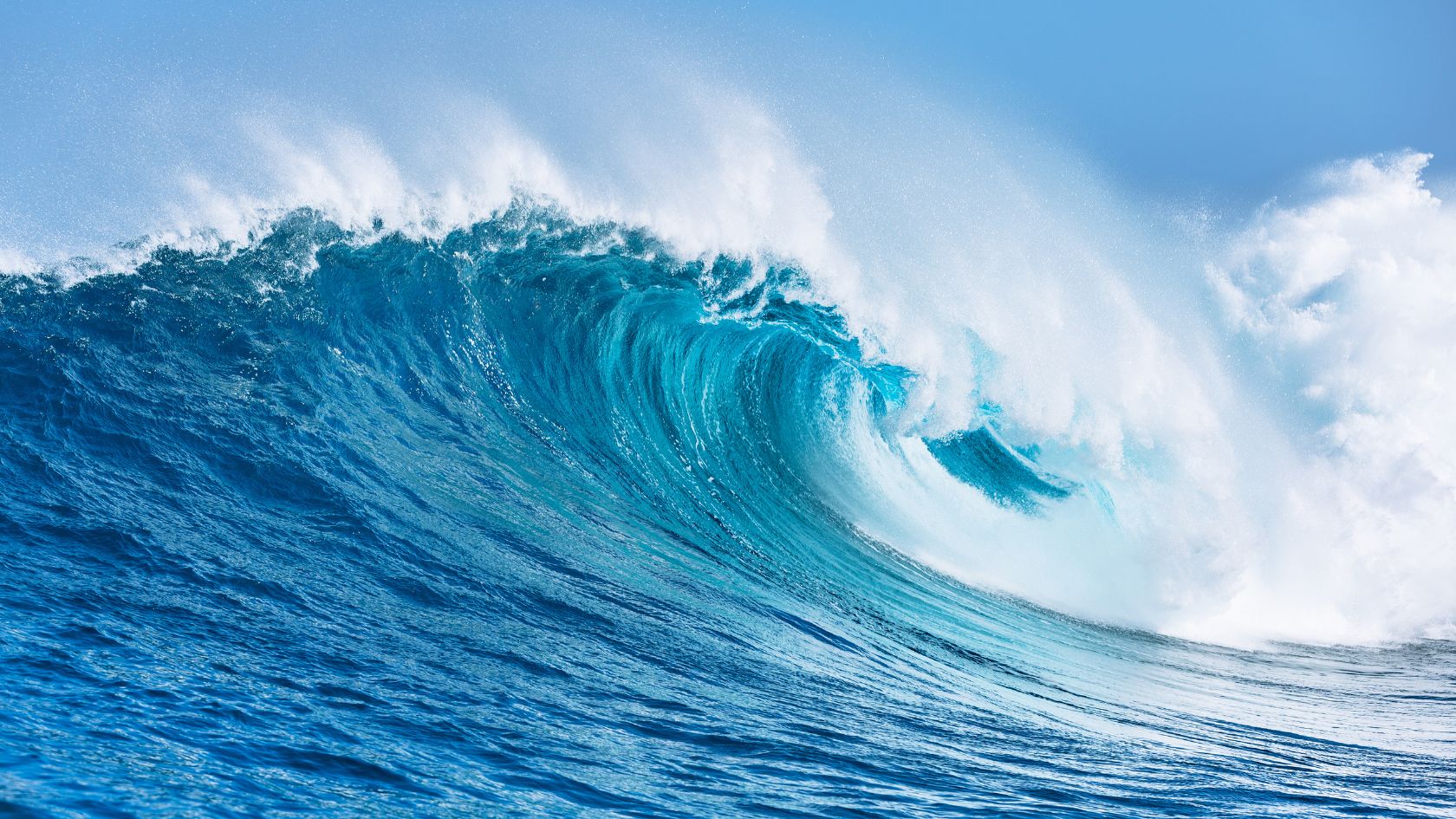


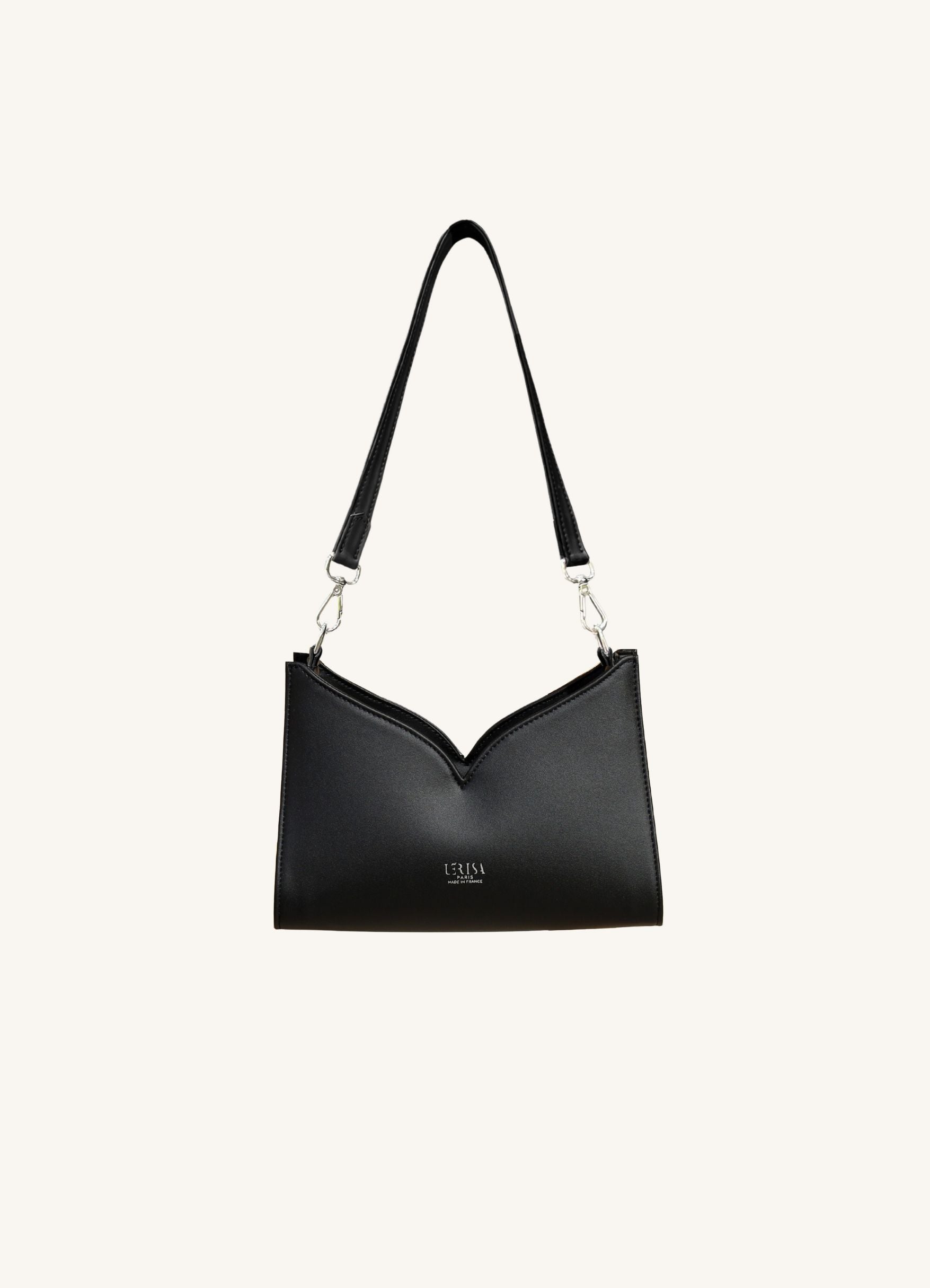

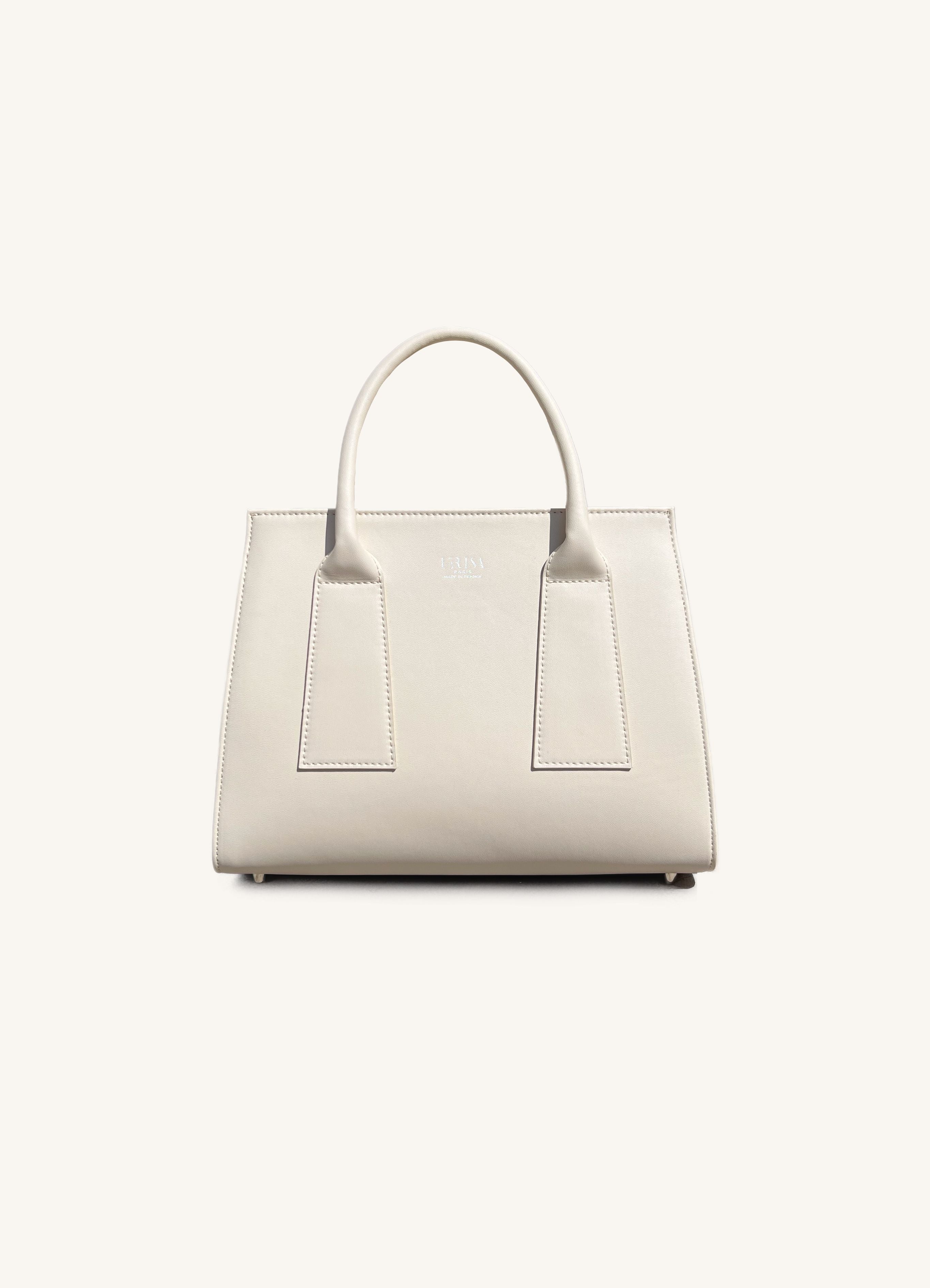
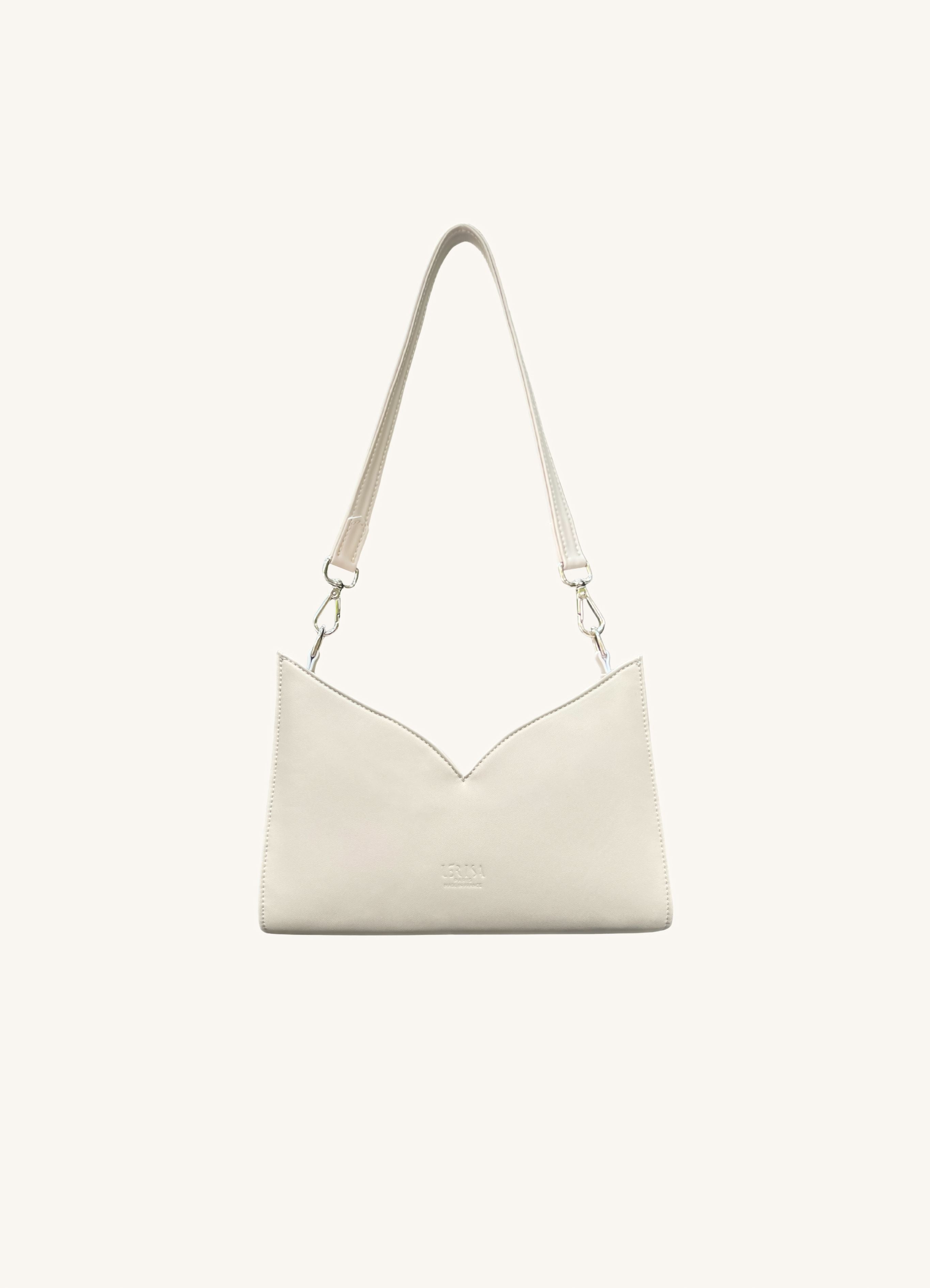





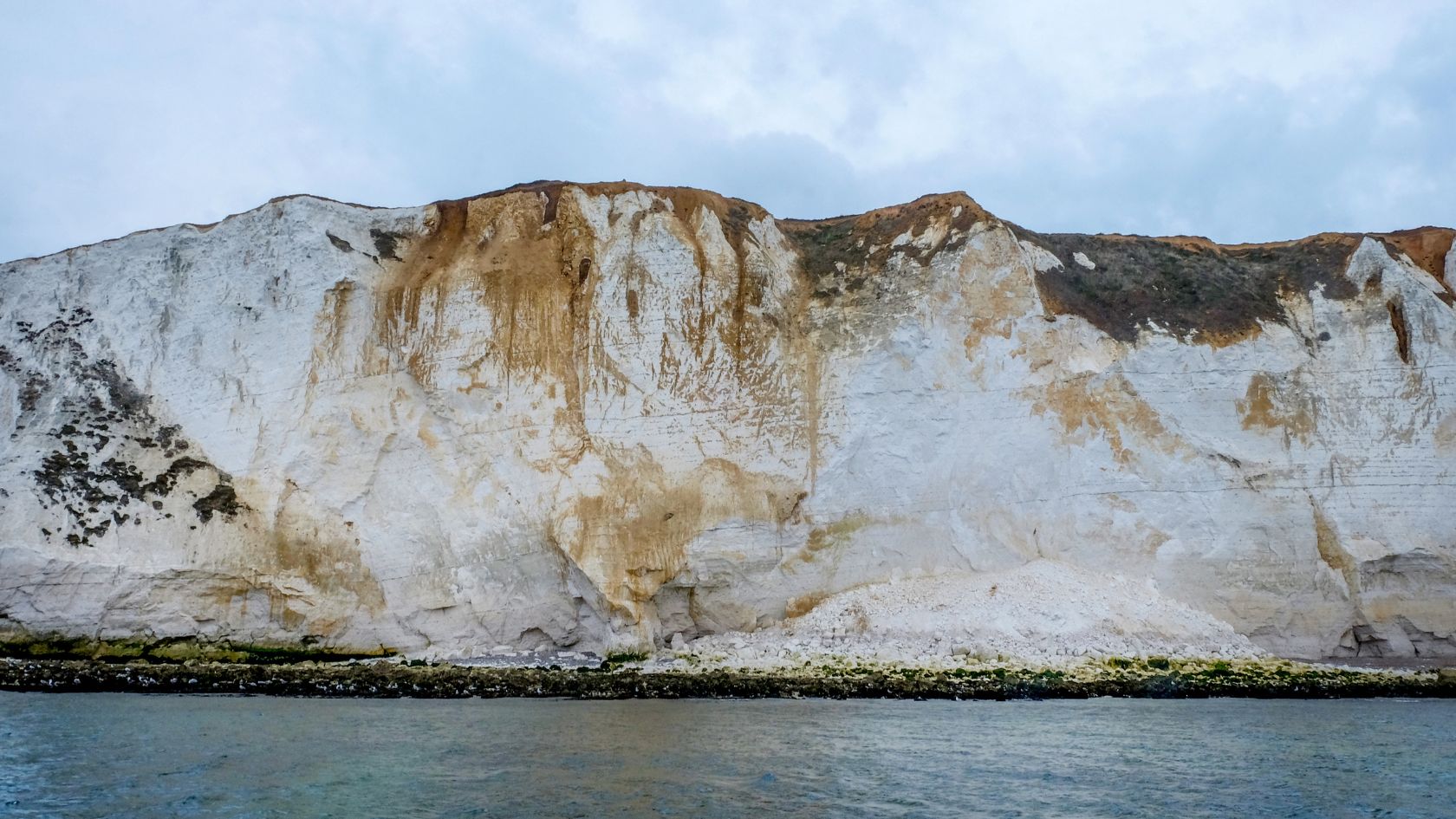

1 comment
En écho avec votre article, dessinatrice, j’ai réalisé une série sur la pollution des océans conçue à partir de photographies de particules de plastiques trouvées sur des plages aux quatre coins du monde ! A découvrir : https://1011-art.blogspot.com/p/ordre-du-monde.html
Mais aussi réalisée pour le Muséum d’histoire naturelle de Grenoble « Anthropocène » : https://1011-art.blogspot.com/p/planche-encyclopedie.html
Leave a comment